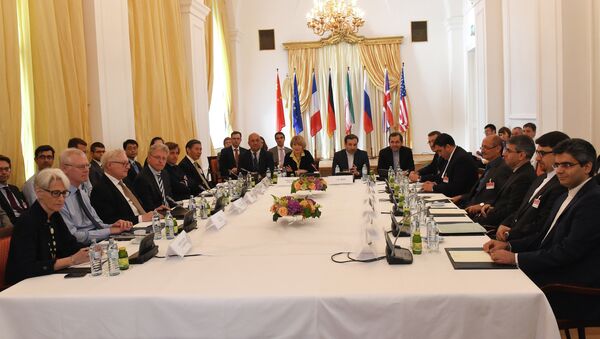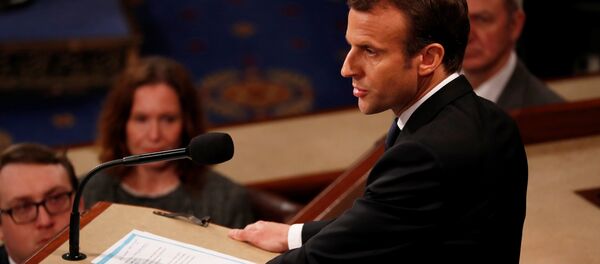Sputnik: So how likely do you think it seems that president Trump is going to abandon the nuclear deal with Iran?
Anthony Billingsley: I think it's very very worrying, for a number of reasons. One is that the Iranians are going to respond. Given that there are American, although a relatively limited number, troops in Syria we could have for example groups that identity with, to varying degrees, Iran which might decide to respond against American troops. We've got the prospect of Iran pulling out of the nuclear non-proliferation treaty, which would be a very serious development because they've always been a member. They say they are not going to go ahead with the nuclear agreement with just the Europeans, the Russians and the Chinese, that also would be worrying. That agreement has been, I think a half a success because, starting with Obama, the Americans didn't really live up to the spirit of the agreement, and I think the agreement contained in it a sort of model which could have been used to promote resolutions and problems more widely across the region, had people been more willing to follow it.
Sputnik: We've heard Iranian President Hassan Rouhani has accused France and the United States of acting unilaterally with trying to reshape the 2015 nuclear deal — what do you make of that accusation?
Sputnik: Some have said that the whole thing seems like a bit of an exercise in futility, because surely for any additional terms and provisions to stick, they need to be discussed with the other parties to the deal, especially Iran?
Anthony Billingsley: Well not just Iran, also Russia and China. They were part of the group that negotiated this agreement and none of them seem to be getting a look in. So, it aggravates this feeling of ‘the west versus the rest' and that in itself is not a particularly helpful image to develop.
The opinions expressed are those of speaker alone and do not necessarily reflect the position of Sputnik News.




